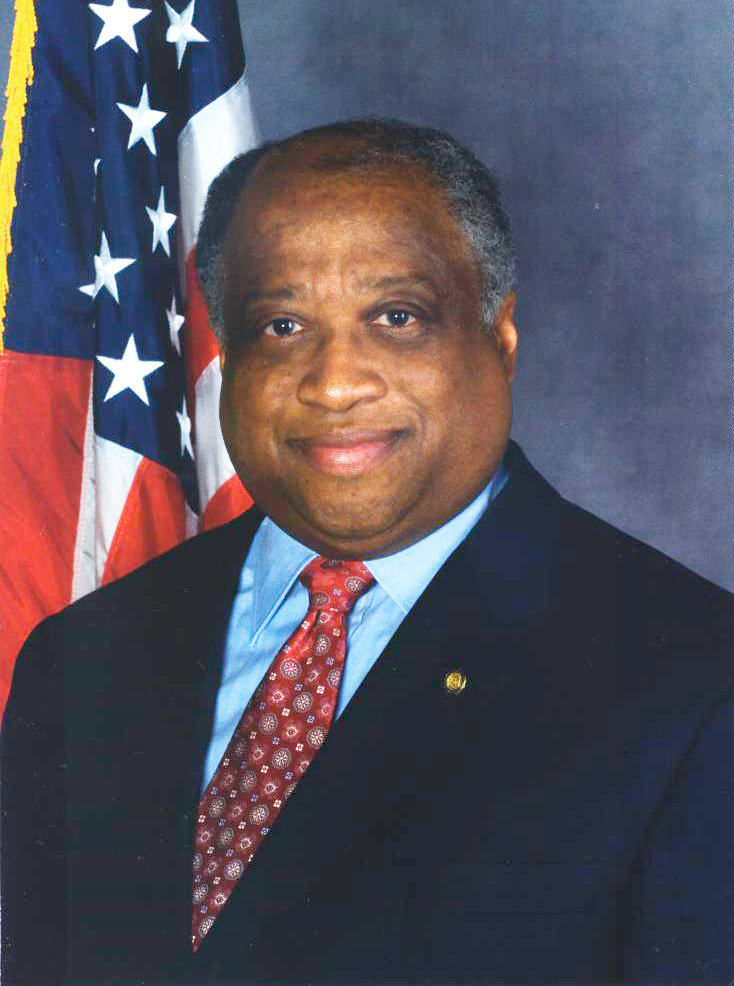For the past 28 years, Rep. Joe Preston Jr. has defeated many opponents in elections for the 24th Legislative District seat. In the May primary he will take on William Anderson and Todd Elliot Koger, who also opposed him in the previous election.
| JOSEPH PRESTON JR. |
Preston represents Wilkinsburg, East Liberty, Aspinwall, Lincoln-Lemington-Belmar, Point Breeze, Larimer, Homewood, Highland Park and East Hills. Looking back on what he’s done in recent terms, he sees the revitalization of East Liberty as a symbol of what’s to come for other areas of his district.
“Seeing East Liberty, its going and we’re getting close to looking at other things. Wilkinsburg is turning around,” Preston said. “We set the tone, the turn around.”
Despite several accomplishments, including his involvement with a $30 million deal for a minority-owned hotel in his district, Preston said he understands there are many issues still plaguing his constituents. Among them are underemployment and fair and equitable financing for housing, which he feels he can improve with the help of the relationships he’s developed across the state.
“There’s still more to do. I’m seasoned, I have the experience and I stay up-to- date,” Preston said. “An awful lot of people have shown an awful lot of faith in me.”
While his opponents advocate for increased efforts to better economic conditions in the 24th District, they see these issues as stemming from the greater problem of violence.
“The biggest problem is violence because until you stop the violence and heal the community nothing else can happen in the community,” Anderson said. “You can’t have a good educational community because a kid’s afraid to go to school, because he can’t walk down the street.”
Anderson has expressed numerous methods for decreasing violence, including strengthening the relationship between the community and law enforcement, but he also said having a stronger representative would help violent youths to not feel “disenfranchised with the system.” For an immediate impact on reducing gun violence, he said the state needs to change gun laws.
“The first thing we need is responsible gun legislation. Make it a requirement that everyone that buys a gun has their gun inspected every year, just like a vehicle,” Anderson said. “Guns are a lot more instantly fatal. It would cut down on the amount of illegal gun trafficking.”
As the first African-American member of the Young Democrats of Pennsylvania, Anderson said he has the highest attendance record of every African-American member throughout the national organization. He said this experience, travelling to other districts, as well as his experience growing up in Homewood, has allowed him to see what representatives should be doing to help their constituents.
“The conditions in our community are getting worse. We haven’t had any representation from the state legislators in my lifetime,” Anderson said. “Being involved in politics on the state local and national level I see what can be done if the process is done the way it’s supposed to be.”
Koger is also critical of how his district has been run in the past. He said the revitalization in some areas, overshadows the harsh conditions in others.
“When I decided to run, I knew that the special interest groups would resist my efforts to shake up the status quo,” Koger. “It’s long past time for Blacks to see more from our leaders. How our brothers and sisters who’ve historically been oppressed are treated, shows the quality of the so-called “most livable city” rather than the city’s tourist sites like Baker’s Square.”
With violence and economic disparities at the top of the 24th District’s’ list of concerns, Koger said he would be an ideal representative because of his background in education and law and former position with the Allegheny Intermediate Unit in the Duquesne School District.
“The recession has sunk our already sickly communities into a deeper grave,” Koger said. “Opportunities aren’t equal. Our children have an increased likelihood of going to jail or prison, attending deficient schools, living in unsafe neighborhoods and dying young.”
